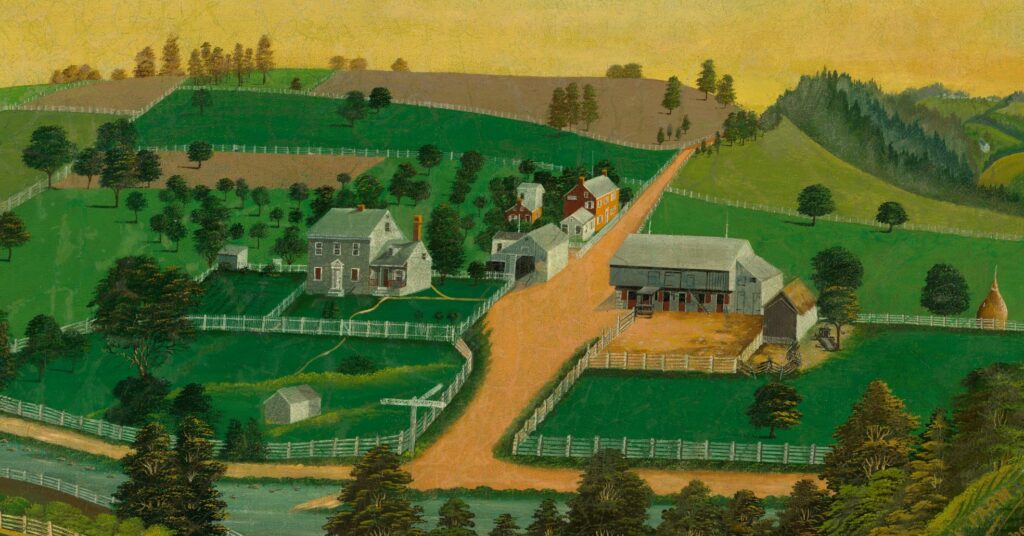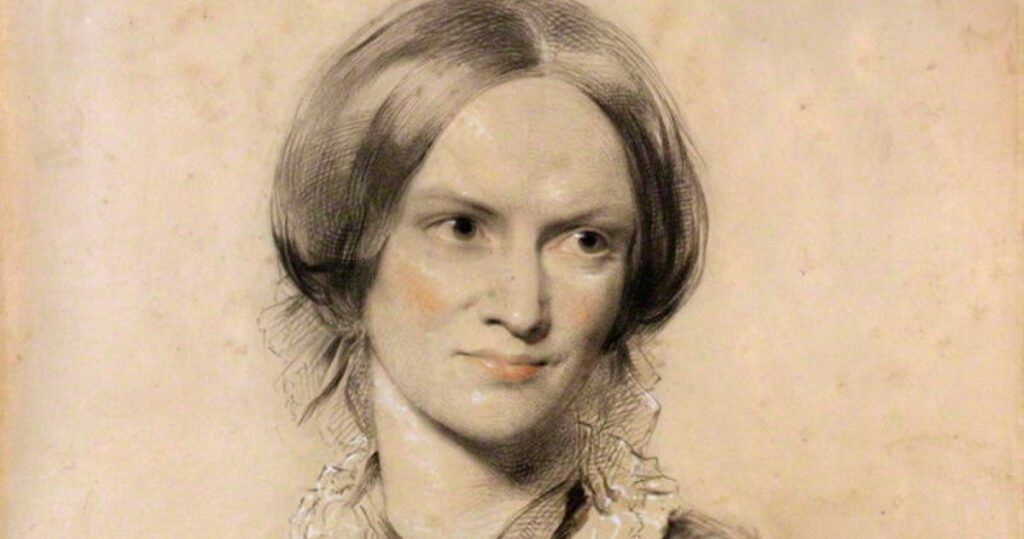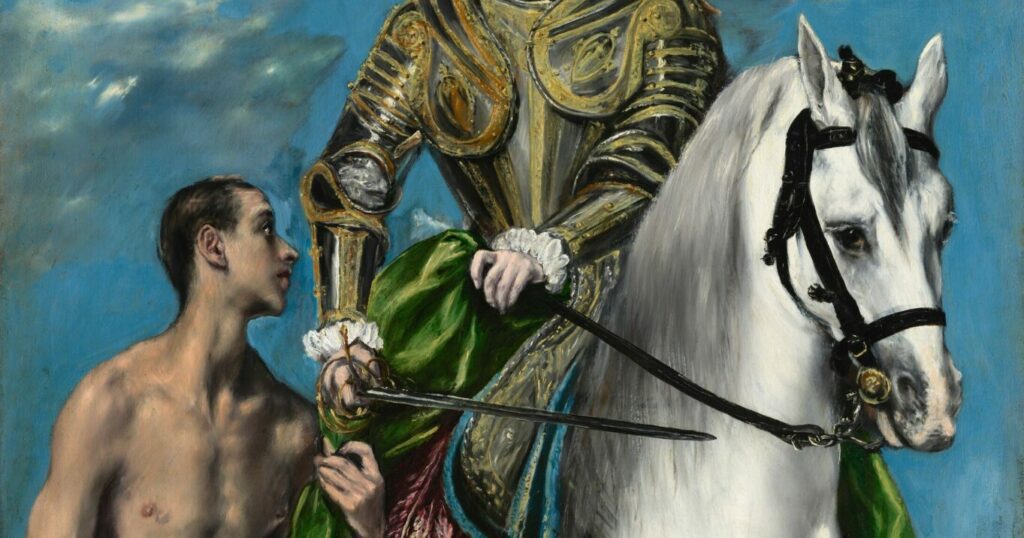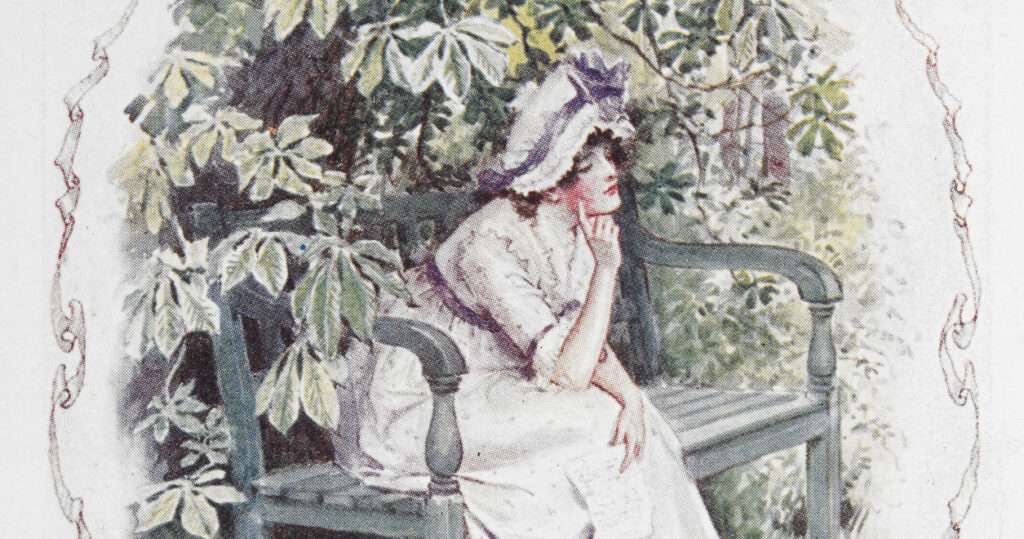A literary reflection by Sarah Reinsel on Wendell Berry's "Hannah Coulter." This is one installment of a monthly series providing reflections on works of literature from a Lutheran perspective.
“This is my story, my giving of thanks.”
For Hannah Coulter, telling the story of her life is the same as giving thanks. Again and again, she says of life, of love, of family, place and community, “It is entirely a gift.”
Hannah is the eponymous narrator of Wendell Berry’s novel Hannah Coulter, which is set in the small fictional town of Port William in rural Kentucky. The storyline is simple: Hannah, now an old woman, gives an account of her life. Though her narrative focuses on her day-to-day life, eternity is her most constant theme. For Hannah, the daily and the eternal are in no tension with each other, so long as she is thankful and looks on everything in love.
As finite creatures, we are bound by time. Every human heart longs for eternity and permanence, yet we are confined by our limited days and struggle mightily to use them well, with apathy or waste winning the day more often than not.
“How we spend our days is, of course, how we spend our lives,” wrote Annie Dillard. “Where can we live but days?” asked the poet Philip Larkin. “All our yesterdays have lighted fools the way to dusty death,” says Shakespeare’s Macbeth.
“Teach us to number our days that we may get a heart of wisdom,” prayed the psalmist David (Psalm 90:12).
The repetition of these themes in all our poetry and prose makes the human struggle with the passage of time evident. Time pressures and limits us, yet every Christian knows that our God is the God of the living, and that we were created to live, not die.
In her own narrative, it is clear that Hannah has heeded the psalmist’s words and gained a heart of wisdom. How can she narrate so many meetings and partings, presences and absences, great blessings and great losses, without a hint of bitterness at the vicissitudes of her life?
Hannah has been no stranger to death: Her mother died when she was young; she was widowed barely two years into her first marriage; later in life she loses a baby in a miscarriage, and as old age approaches, first for an older generation and then for her own, she loses family, friends, and finally her second husband, Nathan. Yet she says of her life repeatedly, “It is entirely a gift.”
Gratitude is the key to her wisdom and her happiness. Gratitude also enables her to tell the story of her life truthfully: “Sometimes I sit still in my chair late into the night, telling over this story to myself,” Hannah says. “I tell it with patience, going over it again and again in order to get it right.”
Though she does tell us when she feels bitterness and regret, and, as she is twice widowed, meditates upon her grief, Hannah does not let bitterness, regret and grief dominate her narrative — if she did, the story she tells would be less true. Should regret dominate rather than gratitude, the passage of time would be unbearable, and the truth of God’s fatherly, divine goodness and mercy would be obscured.
Furthermore, Hannah’s gratitude is an outpouring of love, which knows no lack. Through her love for God’s good creation and the people He has placed in her life, Hannah’s eyes are opened to the unity between this world and the new heavens and earth to come, the life she has lived and the life to come.
As I have told it over, the past visible again in the present, the dead living still in their absence, this dream of time seems to come to rest in eternity. My mind, I think, has started to become, it is close to being, the room of love where the absent are present, the dead are alive, time is eternal, and all the creatures prosperous. The room of love is the love that holds us all, and it is not ours. It goes back before we were born. It goes all the way back. It is Heaven’s. Or it is Heaven…
In addition to conforming our lives to Christ, we should also conform our memories to Christ. How should we remember our family, church, community and world? How should we tell the story of our lives, to ourselves and to others?
Hannah Coulter is a wonderful model, because she sees her life as a gift of God, who shapes and gives all reality, and through the love of Christ the Lamb who was slain before the foundation of the world (Rev. 13:8). By conforming her memory to Christ, she has a foretaste of heaven and a vision of eternity, as the absent and the dead are present and alive in her memory through His love.
Selfishly turned inward, we may be tempted to tally up our lives’ misfortunes, or worse, to look at all our days gone by and feel that they signify nothing. We may be inclined to leave out the Lamb who was slain, whose love brought us into being and sustains us still.
But Hannah muses: “By whose love … do we love this world and ourselves and one another? Do you think we invented it ourselves?” Of course not, she concludes. The love by which she remembers the absent and the dead, looks upon the past and the present, which holds her and carries her to eternal life, is not her own. It is all a gift, Christ’s gift, for her and for us.
Cover image: “View of Benjamin Reber’s Farm,” by Charles C. Hofmann, 1872. Courtesy National Gallery of Art.






Hannah Coulter is simply a must read. Beautiful article that runs parallel to a beautiful book!
This is an excellent article, and a reminder to each of us that once we have become born again by the spirit, even our memories will conform to the realization and awareness of the manner in which Christ transforms His people. We look back at the experiences we had, recognizing sinful motives and conduct in ourselves, our attitudes toward others, and in seeing with the eyes of faith, we can grasp the numerous evidences of God’s grace, compassion and love at work in spite of our wayward natural instincts. An awareness of past sins in our memories enables us to see clearly, to repent, and to experience the blessedness of spiritual healing and forgiveness, joining us ever closer in commune with Our Lord. Of course, our memories also contain feelings of closeness with Jesus and enjoyment of the blessings He bestowed on us, with family members and people who mentored us and taught us, times of comfort and praise as we made our journey, never alone, always the presence of the Lord near to our hearts. Sadly, the other day I visited a sickly elderly man in a hospital, and he is in fact dying of numerous age related maladies. I do not think he is a believer, and I said I would pray for Him. We must always have a heart for the lost, remembering that if one has not walked with the Lord, the memories are of only the things of the world, whereas the true treasures have not been stored up for the day of one’s departure. Hold on to your memories, your faith, see Christ in your past, in your present, and in your future, where there is a place reserved for you. Soli Deo Gloria
Absolutely excellent!! Thank you Sarah for your wonderful writing. 🙂